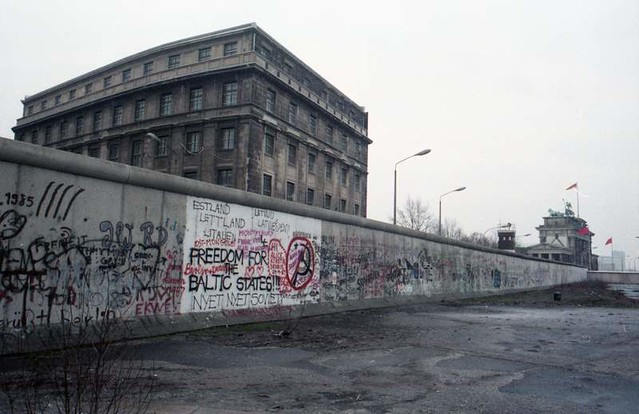Bridging Past Divides: Women in Unified Germany
Thirty-five years after the fall of the Berlin Wall, German women who lived under different political systems reflect on their varying roles. In East Germany, women typically balanced work and motherhood, supported by state-provided childcare, while West German women often adhered to traditional homemaker roles. Today, roles are more aligned.

- Country:
- Germany
As Germany marks the 35th anniversary of the Berlin Wall's fall, reflections on the contrasting lives of women under communist East Germany and capitalist West Germany are underway. While East German women worked, supported by state childcare, their West German counterparts often remained homemakers.
Clara Marz, curator for an exhibition on women in divided Germany, noted that many West German women had to fight for career rights, unlike their East German peers who often worked due to governmental mandates. The economic divide impacted expectations and roles, including the notion of the 'economic miracle' in the West.
Despite increased similarities today, disparities linger, such as workforce participation and childcare availability. While former East German women still see higher employment rates, gender equality overall remains a challenge for Germany, trailing behind other European nations, as depicted in recent studies.
(With inputs from agencies.)
ALSO READ
Beyond the Tag: Prioritizing Impact in Gender Equality Initiatives at the World Bank and IFC
Abhishek Banerjee to Attend Gender Equality Exchange in Norway
Advancing Gender Equality Through Social Protection: World Bank's New Strategy
IFC's Record $12.2 Billion Investment in Asia Pacific Drives Impact on Climate, Gender Equality, and Economic Growth
Uneven Paths to Gender Equality: Three Decades after the Beijing Declaration










